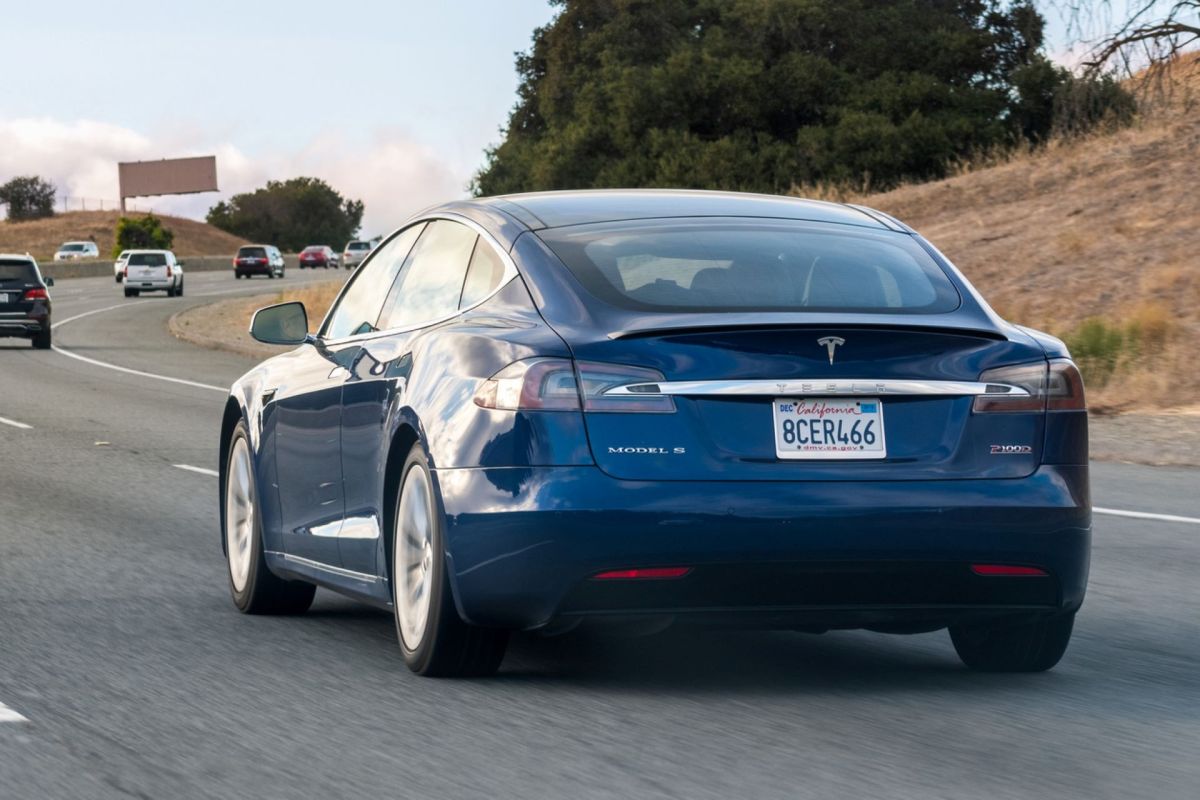Tesla's proprietary charging technology has frequently been in the news as the electric vehicle company fights to get its North American Charging Standard (NACS) chargers adopted over the Combined Charging System (CCS) chargers that other EVs use. But a new move from Tesla may make the entire argument moot, as the company has made a major investment in a new type of technology — one that would allow drivers to charge their EVs without any plugs at all.
Tesla has reportedly invested $76 million in wireless electric vehicle charging technology. As previously rumored, the company did, in fact, acquire a German startup called Wiferion that focuses on creating inductive (i.e., wireless) charging for EVs and robots. While Tesla did not make the acquisition price public, Canary Media reports that a recent cash flow statement noted $76 million spent on "business combinations."
Tesla has not said much publicly about the acquisition or its future plans for wireless charging, but the suggestion is that, in the perhaps not-so-distant future, drivers could charge their Teslas by simply parking on top of a charging pad, making the process incredibly easy.
The implications for public wireless charging are even more exciting. Canary Media talked to Jeremy McCool, the founder of a wireless charging startup called HEVO, who laid out several of the wide-ranging benefits — wireless charging would allow drivers to stay in their cars while charging in the rain. It would also greatly benefit elderly or disabled drivers, who wouldn't have to deal with the heavy cables involved with EV charging stations (which are more unwieldy than gas pumps).
And perhaps most excitingly and most futuristically, wireless charging technology would allow for chargers to be built into the roads themselves, eliminating both range anxiety and the need for drivers to stop for charging. One such project is already underway (in a small-scale, beta-testing form) in Detroit.
Range anxiety, and charging issues in general, are some of the main reasons many people are hesitant to switch to an EV. Annually, a typical passenger car produces more than 10,000 pounds of carbon pollution and worldwide, passenger cars produce around 3.3 billion tons. EVs, on the other hand, cut down on heat-trapping air pollution since they produce no exhaust. So the more these concerns can be alleviated, the more likely people will be to switch to EVs, and the more EVs on the road, the greater the benefit to the environment.
"Once wireless is in the roads and you're driving from San Diego to San Francisco without having to stop and charge, there's no going back," McCool told Canary Media.
While the technology is still being developed, the bigger challenge for Tesla and other car companies looking to incorporate wireless charging is that it would involve changing cars' entire charging architecture, a process that would likely take years. But Tesla's large investment signals that at least one company is ready to begin that process.
Join our free newsletter for cool news and actionable info that makes it easy to help yourself while helping the planet.









